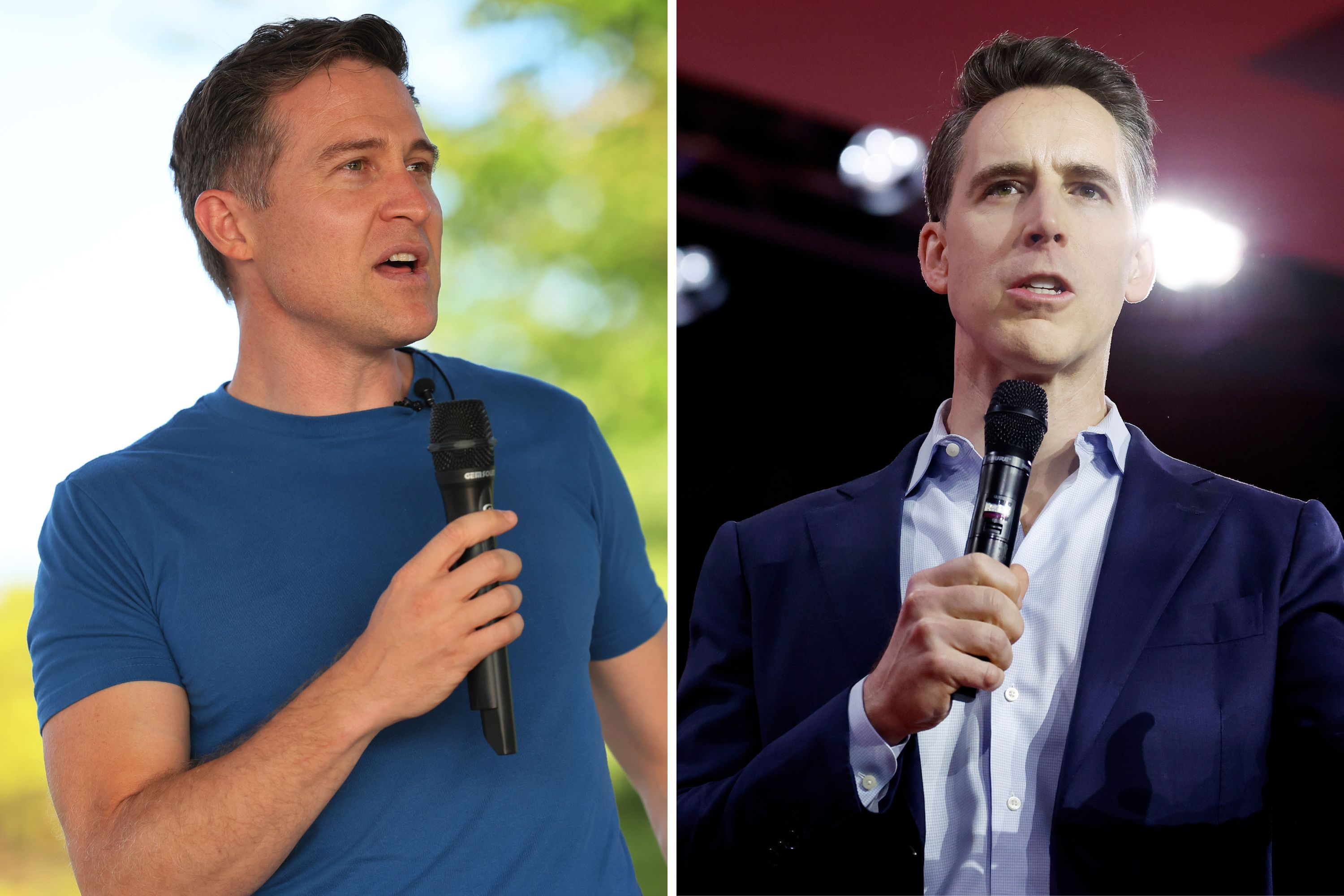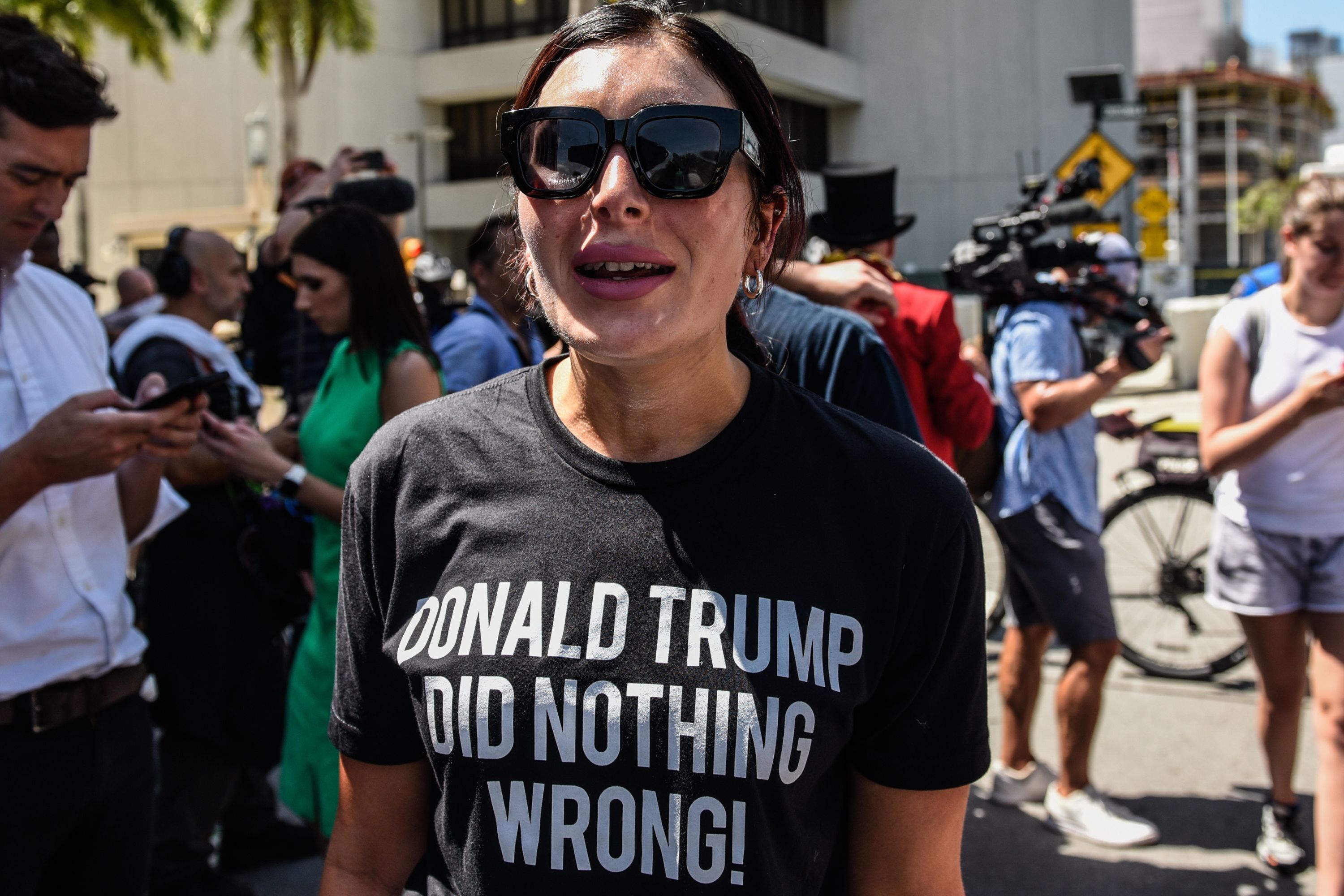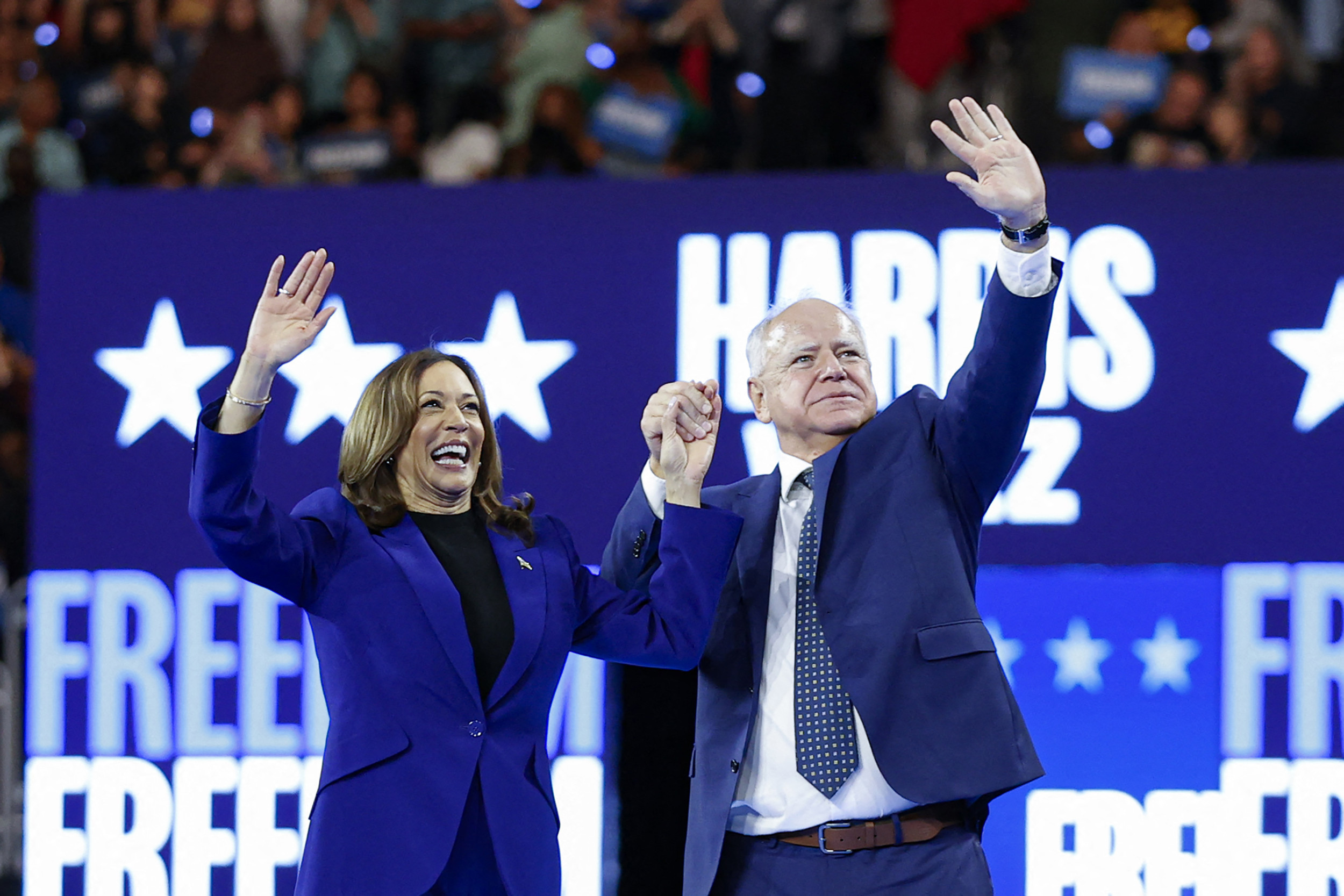The truth is hard to find anywhere, but particularly on social media. Mark Zuckerberg, the leader of Meta, which owns Facebook and Instagram, wants to make it harder.
He sent a letter to the House Judiciary Committee complaining of "pressure" applied by the Biden Administration to censor posts dealing in conspiracy theories and outright lies about COVID and vaccines in general. He says Meta will push back harder in the future.
Well, what exactly does Zuckerberg want to push back on?

Social media has always been about us promoting ourselves and our ideas to friends, family, and—if you get lucky or the algorithmic gods grab you—the wider world. What it has not been about is supplying the world with accurate information.
At its most innocent, we censor ourselves. Why share that you lost a $5 bet? Or that you ran out of cat food and had to go back out to the store in your pajamas?
At its most malevolent, some individual or group posts information that's false and can harm others, or even kill them. Like maybe telling people not to get a vaccine to protect themselves against a deadly disease, for fun.
Your publisher—Instagram, Facebook, LinkedIn, Snapchat, X, YouTube, TikTok—has a duty to act responsibly and do what it can to prevent such misinformation from spreading, just like any editorial entity does. And if they fail to do so, they open themselves up to penalties, both criminal and civil.
It's fair to say that all these entities fail all the time. Things that really shouldn't be out there aren't just out there, they're being shared, and the buzz is growing and growing and growing.
If the publishers (they say platforms) can't monitor themselves and are counting on the public for help by reporting bad things, then what's the problem with a government agency complaining just like any individual can do?
When you object to a post to Facebook, for example, Facebook moderators eventually follow up and make judgements as to whether the content in question violates the company's terms and conditions. As a result, offending posts are either removed—or not.
A government agency responsible for the public's health and welfare should certainly have the same freedom to report something as a crabby individual who thinks that your new swimsuit is too revealing.
Nobody's saying the government is ordering posts to be taken down. The government is finding these posts and reporting them to Facebook. Even the Supreme Court says that's OK.
Matters of politics aren't so simple. Even lies about a candidate are usually protected speech, and many people have a nasty case of confusing opinion for truth.
Zuckerberg mentions stories about Hunter Biden's laptop that were deprioritized on Facebook after the FBI called up saying that the Russians were planting disinformation on the site and elsewhere. Nobody is claiming Facebook was asked (let alone was ordered) to "temporarily demote" the stories about the laptop. If Zuckerberg has regrets, that's on him.
So, let's see if we've got all this straight:
The head of one of the largest tech companies has sent a letter to Congress complaining about how his own company behaved during the COVID epidemic when asked by the government to get the story straight.
Did government officials always get it right on COVID? No. Did they try to save lives as best they could? If you think otherwise, please stop reading right here and go immediately to your nearest cult deprogrammer for help.
There's little doubt that the committee will show sympathy. After all, Rep. Jim Jordan (R-OH), who chairs it, is no friend of vaccines—or the Biden administration.
And that's what it's really about. It's the messenger, even if Jordan and others claim that it's the message. Surely, if former President Donald Trump becomes current President Donald Trump again, giving Facebook a little advice on content will be par for the course.
But whichever party is in control of the levers of government, the government gets to ask—not tell. Facebook gets to say yes or no. Everything else is purely an internal issue for Mark Zuckerberg and Silicon Valley's people of conscience, it doesn't have anything to do with the First Amendment.
It's weird to think that the tech bros have such a say over the life, death, and future of the American people through their control of information (how many kids have died from internet fads?). It's fair that the government gets a chance to make a case for the truth.
And who knows what the upshot of all this will be? The First Amendment protects speech and even lies. What it doesn't do is protect us from the consequences of telling them.
Jason Fields is a deputy opinion editor at Newsweek.
The views expressed in this article are the writer's own.





